Best Seasons for Foundation Repairs
Foundation repairs are most effective when performed during specific times of the year that allow for optimal conditions. The ideal periods are typically in the late spring and early summer when the soil is moist but not overly saturated, providing better stability for repair work. Avoiding extreme weather conditions, such as heavy rainfall or freezing temperatures, is crucial to ensure the longevity and effectiveness of repairs.
Late spring and early summer offer the best conditions due to moderate soil moisture and stable temperatures.
Avoid repairs during periods of heavy rain or freezing weather to prevent complications and ensure proper curing.
Soil moisture levels significantly impact repair success; ideal conditions involve moist but not saturated ground.
Performing repairs in favorable weather helps achieve lasting stability and prevents future issues.
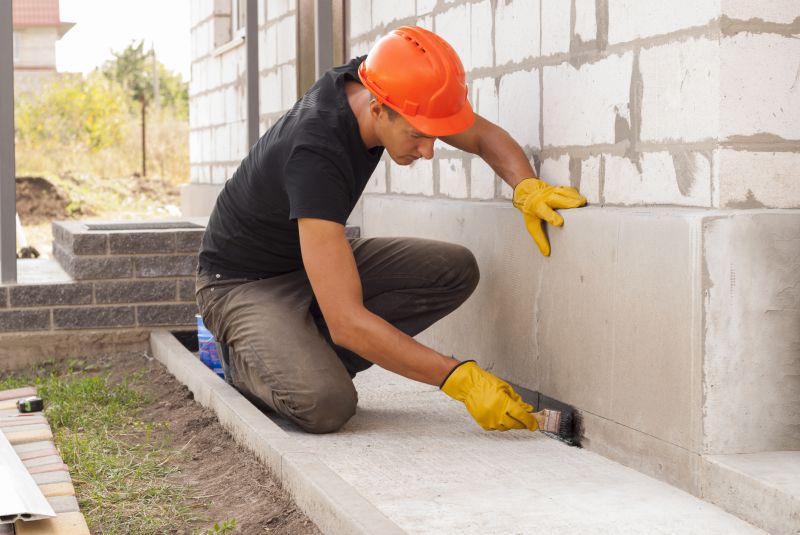
A construction crew performs foundation stabilization during optimal weather conditions.
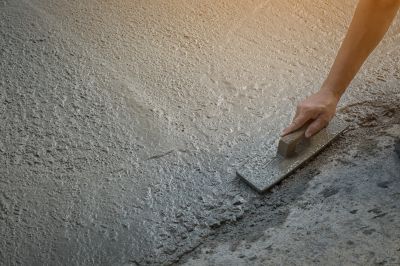
Moist soil conditions are ideal for foundation repair preparation.
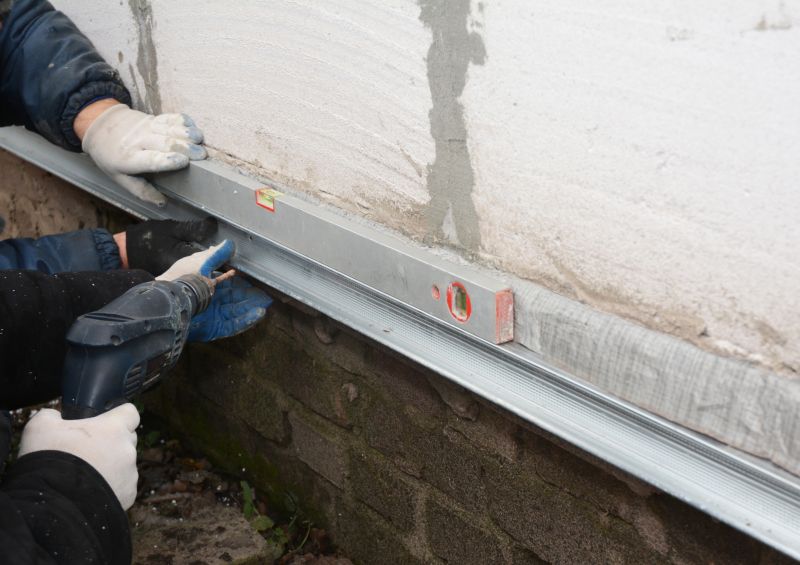
A stabilized foundation ready for further construction or finishing work.
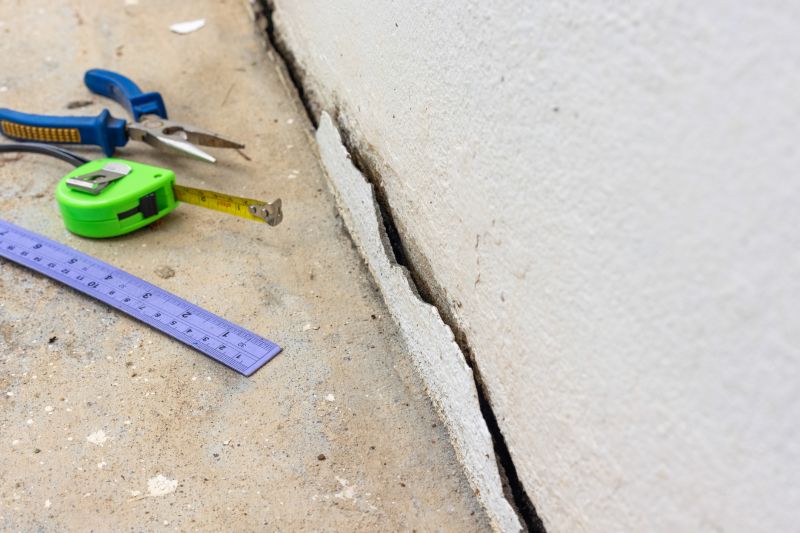
Ways to make Foundation Repairs work in tight or awkward layouts.
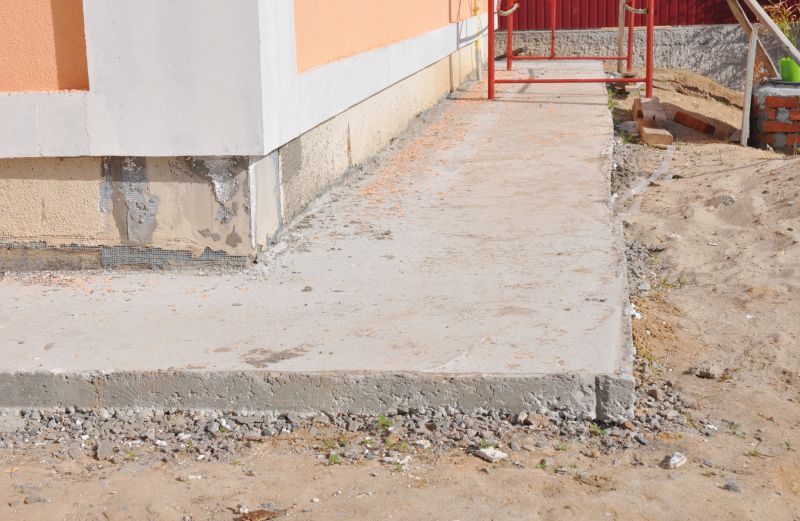
Popular materials for Foundation Repairs and why they hold up over time.
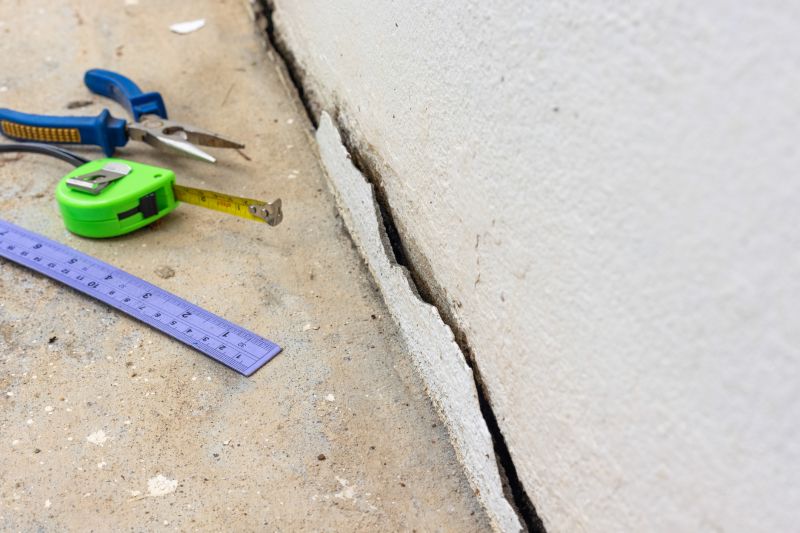
Simple add-ons that improve Foundation Repairs without blowing the budget.
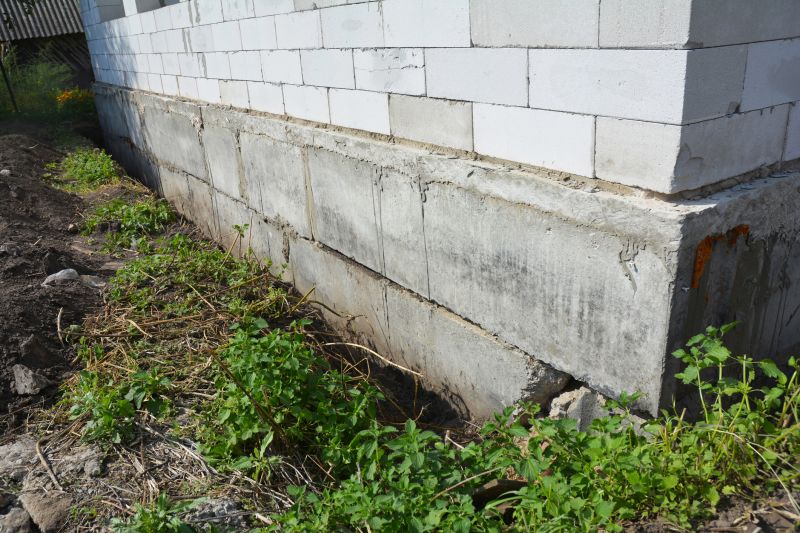
High-end options that actually feel worth it for Foundation Repairs.
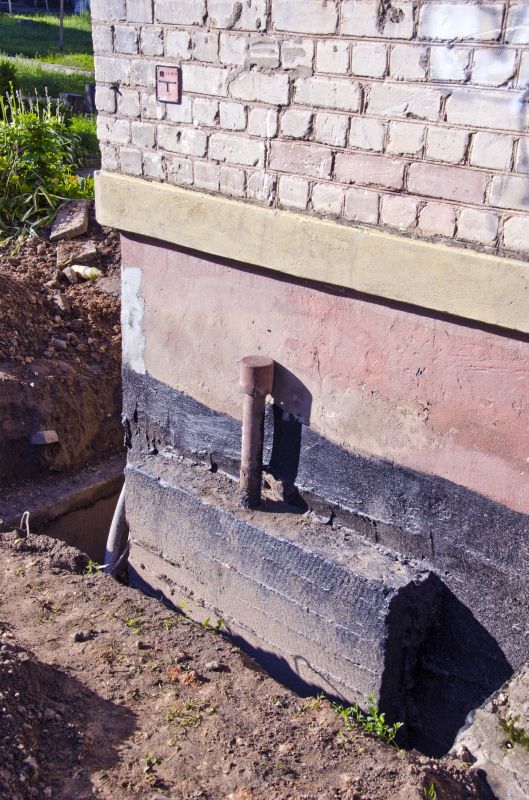
Finishes and colors that play nicely with Foundation Repairs.
| Season | Suitability |
|---|---|
| Spring | Good, with moderate soil moisture and rising temperatures. |
| Summer | Ideal, especially early summer with warm, dry days. |
| Fall | Suitable, provided weather remains stable and soil is not overly wet. |
| Winter | Not recommended due to freezing temperatures and potential soil movement. |
Foundation repairs are critical for maintaining structural integrity and preventing further damage. They involve assessing the current condition, addressing issues such as settling or cracking, and implementing stabilization techniques. Proper timing ensures that repairs are effective and durable, reducing the risk of recurring problems. Regular inspections can help identify the right moments for intervention, especially in climates like Sacramento where weather patterns influence soil behavior.
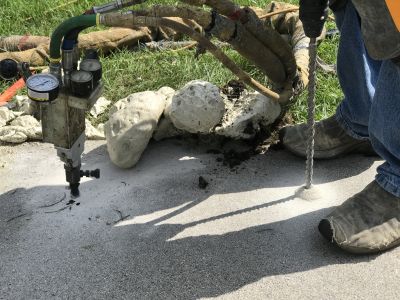
Specialized tools used for underpinning and stabilization.
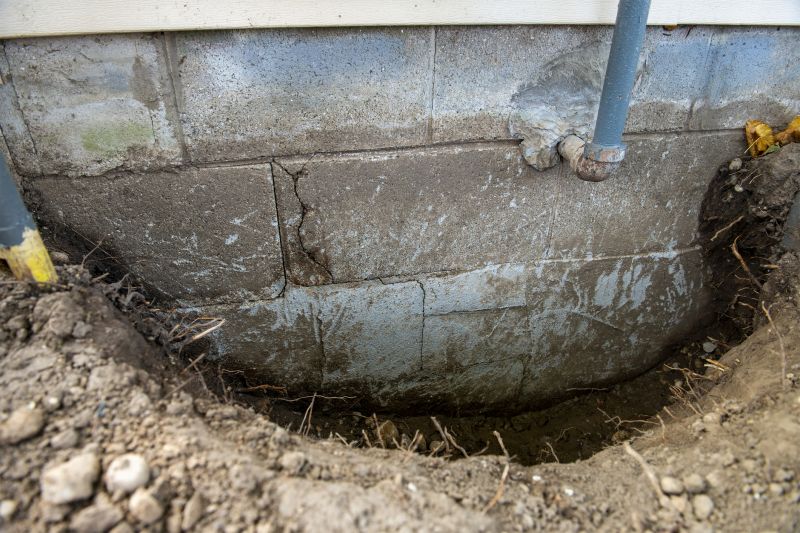
Assessing soil conditions to determine the best repair approach.
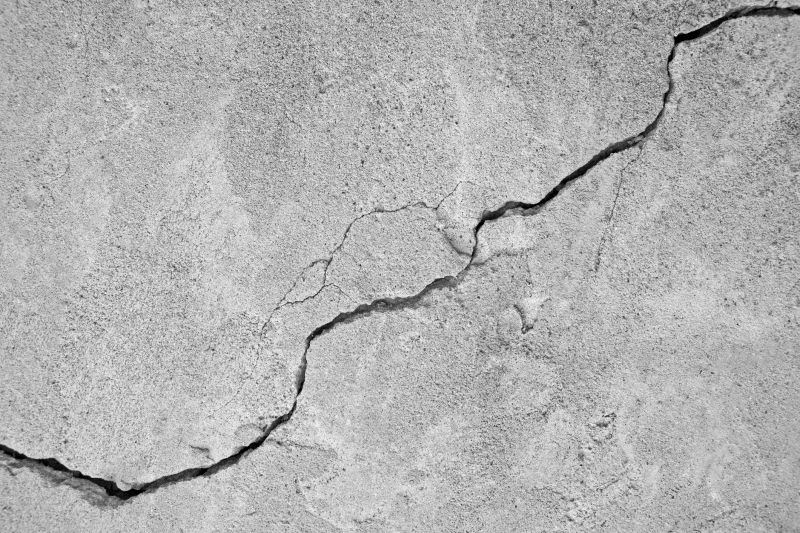
Sealing cracks to restore structural integrity.
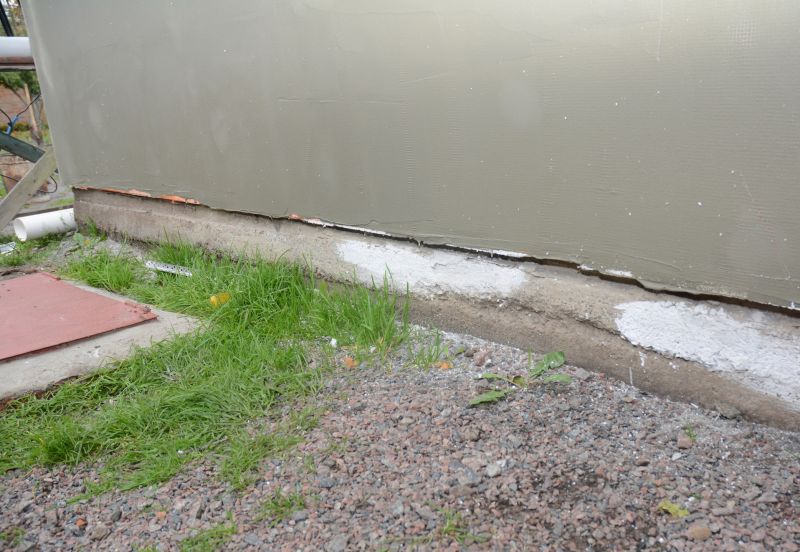
Ensuring the stability and safety of the foundation after repairs.
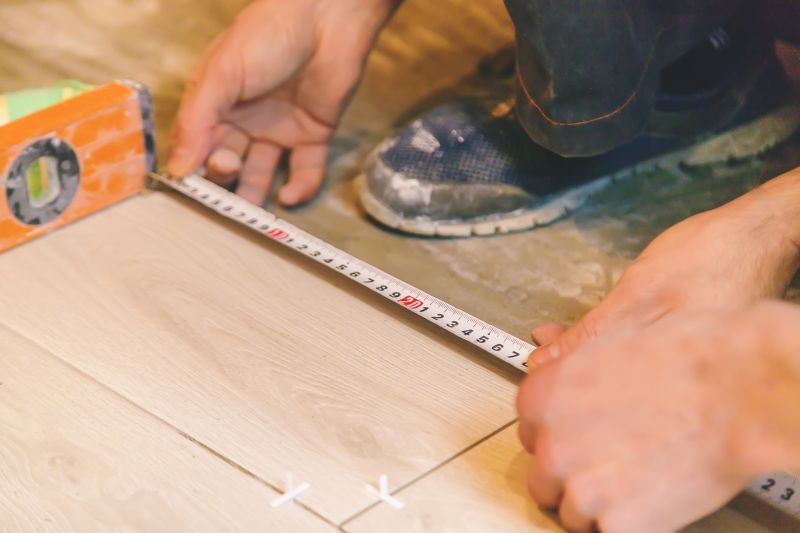
Little measurements that prevent headaches on Foundation Repairs day.
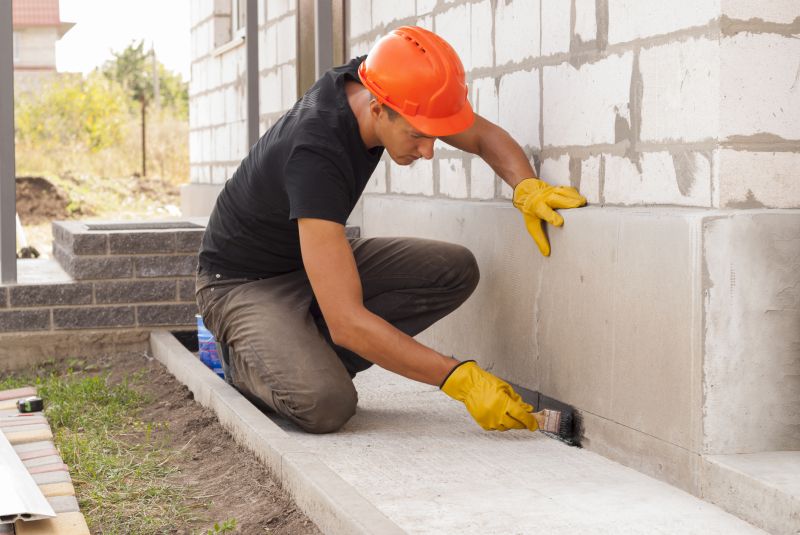
A 60-second routine that keeps Foundation Repairs looking new.
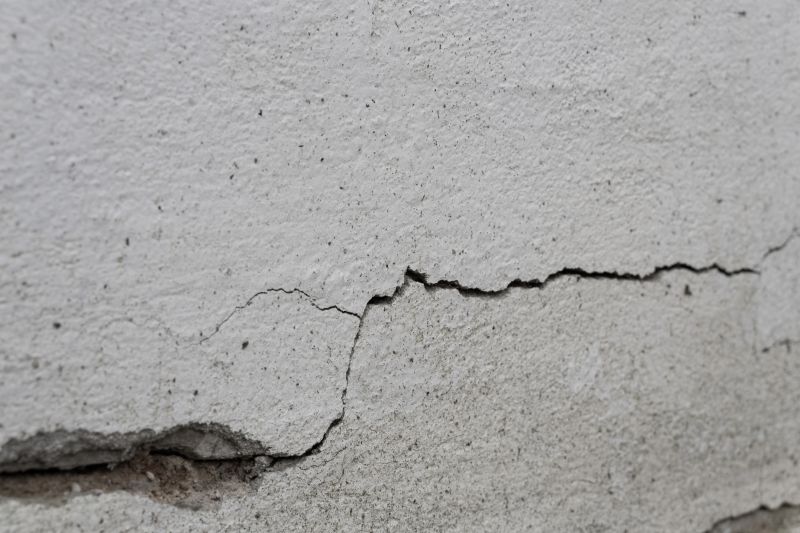
A frequent mistake in Foundation Repairs and how to dodge it.
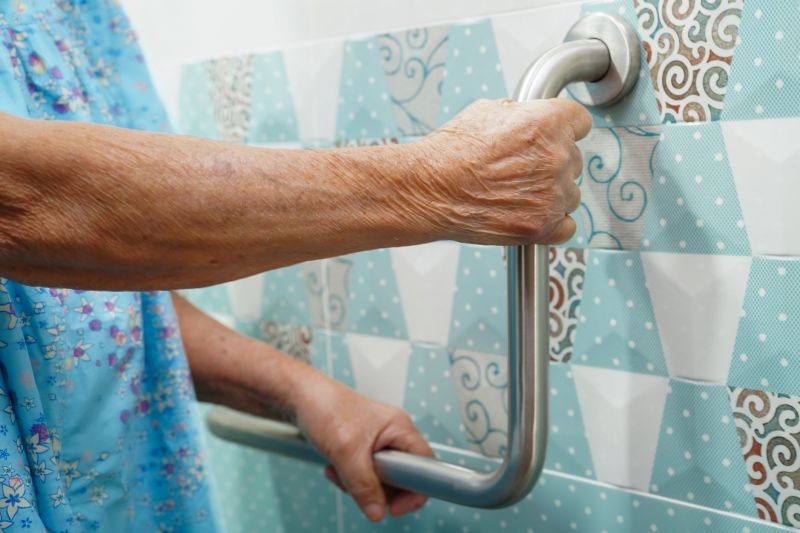
Small tweaks to make Foundation Repairs safer and easier to use.
Timely foundation repairs can prevent costly structural damage and extend the lifespan of a property. Understanding the best seasonal windows for repair work helps in planning and executing effective interventions. Consulting with foundation specialists ensures that repairs are performed under optimal conditions, contributing to long-term stability and safety.
Cracks in walls, uneven floors, and sticking doors can signal foundation problems.
Early intervention can prevent extensive damage and reduce repair costs.
Aligning repair schedules with favorable weather conditions enhances durability.
Methods include underpinning, mudjacking, and piering depending on the issue.

